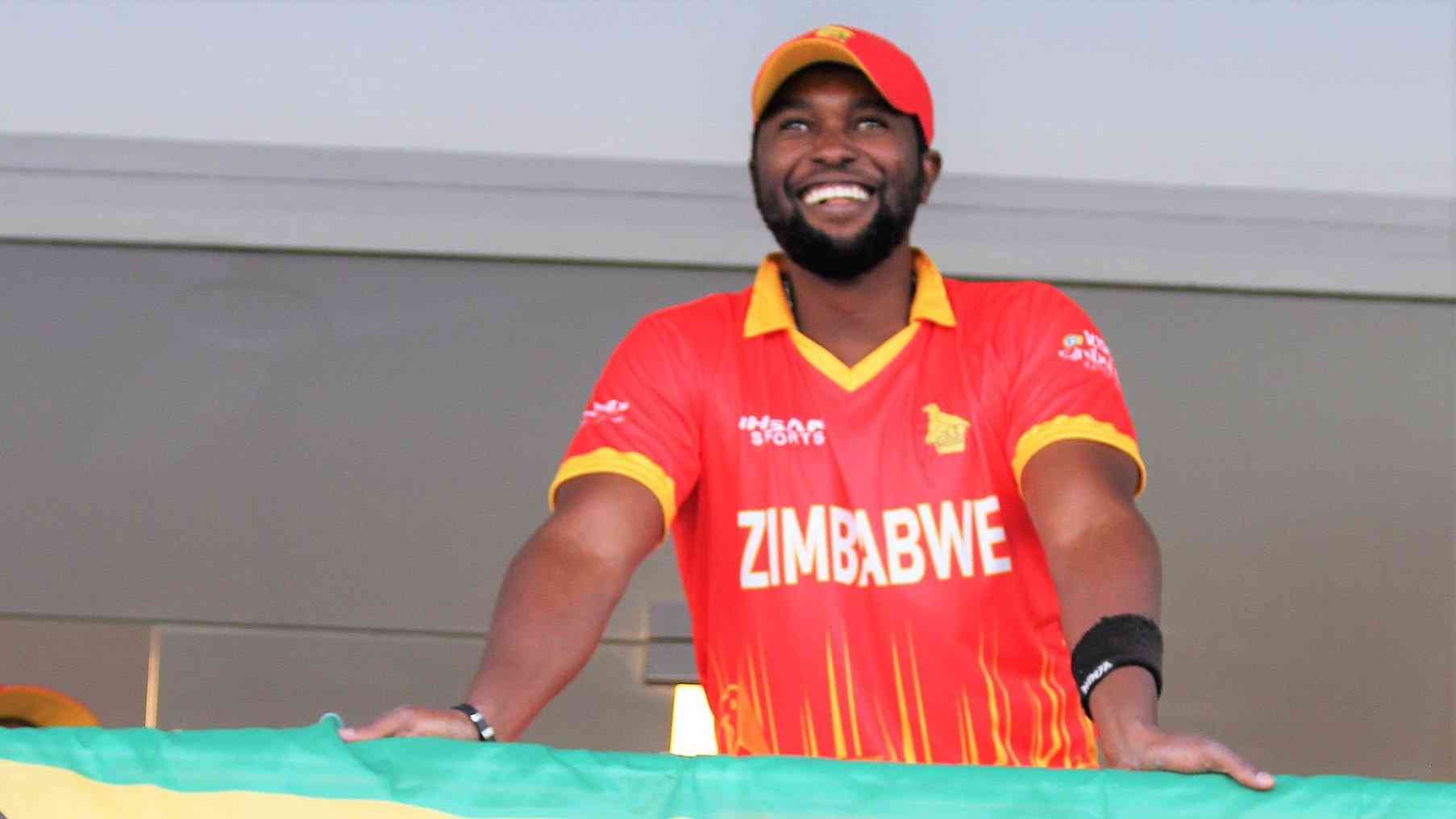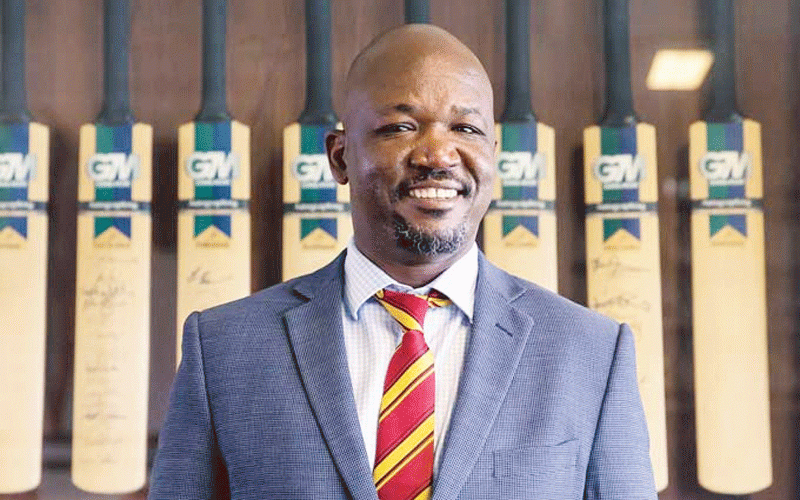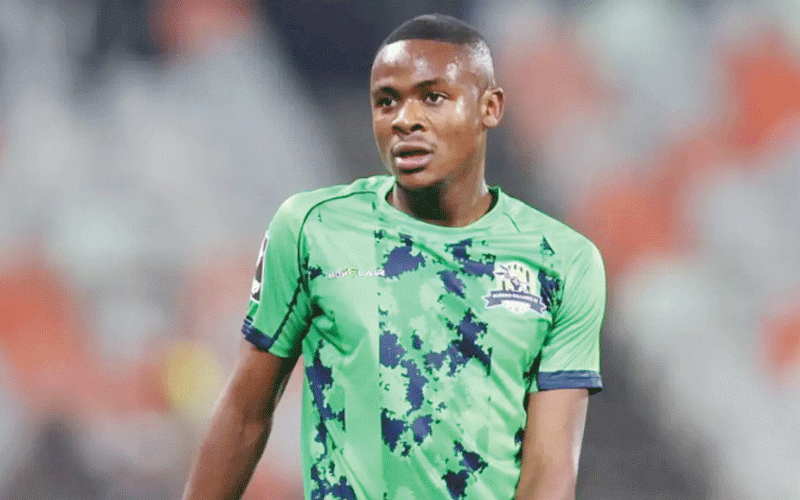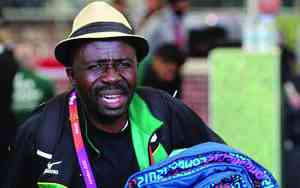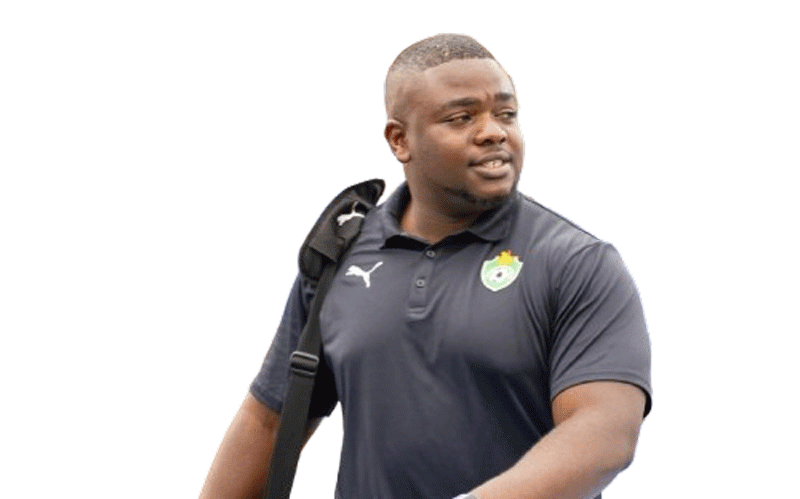
In the high-stakes world of elite international football, the difference between victory and defeat often rests not only on the star striker's goal but on the meticulous, often unseen, work of the medical team.
Steve Hungwe, a Zimbabwean physiotherapist and lecturer at the University of Zimbabwe, operates precisely in this high-pressure arena.
Hailing from Gweru, with a track record that uniquely spans the Zimbabwe national soccer team, the Warriors and Scottland FC, Hungwe possesses a rare, dual perspective on athlete care, resource management, and national pride.
From the intense, whole-country pressure of a World Cup qualifier to the disciplined, long-term planning of a local elite club, Hungwe’s journey is a powerful testament to the calibre of local talent.
His path, rooted in the resilience learned from successful local clubs like FC Platinum, now serves as a platform to elevate sports medicine and inspire the next generation.
In an exclusive conversation, our reporter Sindiso Dube (SD) sat down with Steve Hungwe (SH) to unpack the realities of managing elite athletes, the profound honour of serving his nation, and the challenge of balancing academia with the demands of the global football pitch.
Below are the excerpts from the interview.
SD: High-level pressure: You're working with both the Zimbabwe National Soccer Team and Scottland FC.
- Education 5.0: Blessing or curse for UZ students?
- UZ in fees shocker
- Deliver free education, govt told
- Police break up UZ protests
Keep Reading
What are the biggest differences and similarities you've noticed in the culture of injury management and athlete care between national team duty and club-level football?
SH: Working with the Zimbabwe national team and Scottland FC has shown me that while the resources may differ, the core of injury management is the same — every player wants to recover quickly and perform at their best.
At national level, there is huge pressure because the whole country is watching, and you often have less time to prepare players.
At club level, you work with the athletes every day, so there is more room for long-term planning and building relationships. Both settings demand quick thinking, teamwork, and making the athlete’s health the first priority.
SD: What does it mean to you, as a Zimbabwean physiotherapist and a University of Zimbabwe lecturer, to be on the technical bench for the Warriors?
What unique challenges does supporting the national team present, especially during major tournaments or qualifiers?
SH: Being on the technical bench for the Warriors is one of the greatest honours of my life.
As a Zimbabwean, it is more than just work — it’s carrying the pride of millions of people every time the team steps onto the pitch.
The challenge comes with the intensity of major tournaments and qualifiers, where travel, short preparation times, and pressure to perform can test the whole medical team.
But the joy of seeing a fit player represent our flag makes all the hard work worth it.
SD: How did your role with Scottland FC come about, and how has been the experience like
SH: My role with Scottland FC came through my passion for sports medicine and building trust with athletes and coaches over the years.
The experience has been very rewarding because I get to work in a professional environment where the culture values consistency and discipline. It has allowed me to apply what I know while also learning new approaches from a different setup. It has been both challenging and inspiring.
SD: When the teams are in camp, what is your typical day like?
Can you share an example of the most common or perhaps the most challenging injury you have had to manage under intense pressure, and how you handled the quick turnaround?
SH: When the team is in camp, my day usually starts with screening players in the morning, then treatments, rehab sessions, and recovery strategies throughout the day.
I also work closely with the coaches to plan training loads and prevent injuries.
One of the toughest injuries to manage under pressure was a hamstring strain right before a key qualifier.
We had just days to get the player back, and through focused rehab and modified training, he was able to start the match. Moments like that show the value of quick, evidence-based care.
SD: You hold a demanding role as a lecturer at the University of Zimbabwe while maintaining an active practice in elite sport. How do you effectively manage this dual career?
SH: Balancing lecturing and elite sport is not easy, but it is something I value deeply.
Teaching keeps me grounded, because it reminds me that knowledge must be shared and passed on.
Working with elite athletes keeps me sharp and ensures my teaching stays practical and relevant.
The two roles feed into each other — what I learn on the pitch, I take to the classroom, and what I teach in class, I apply with athletes.
SD: Your experience started locally with successful clubs like FC Platinum. How did working in the Zimbabwean Premier Soccer League prepare you for the jump to international football and a club like Scottland FC?
SH: Working with FC Platinum was my real starting point in top-flight sport. It taught me how to handle pressure from passionate fans, demanding schedules, and players who want to be at their best every week.
That environment forced me to grow quickly, to innovate, and to learn how to adapt in tough situations.
It gave me the resilience and confidence I now carry into international football.
SD: You state that your professional journey is a platform to elevate physiotherapy and sports medicine in Zimbabwe and beyond.
What is the single biggest change you hope to see in the professionalisation of sports medicine in Zimbabwe in the next five years, and how are you working to achieve it?
SH: My biggest dream is to see sports medicine in Zimbabwe become more structured and professionalised, with more resources for athletes at all levels, not just elite sport.
In the next five years, I want to see stronger medical teams in clubs, better rehab facilities, and more education for coaches and athletes about injury prevention.
I am contributing by teaching, mentoring, and advocating for better systems that bring sports science and physiotherapy closer together.
SD: For a young Zimbabwean physiotherapy student sitting in your lecture today, dreaming of working with elite athletes, what is the most important piece of advice you would give them about pursuing a career that bridges clinical practice and high-level sport?
SH: To young physiotherapy students, I always say: be patient, stay disciplined, and never stop learning.
Working with elite athletes is exciting, but it is built on years of small steps, sacrifices, and continuous study.
Focus on building your clinical skills, seek mentors, and don’t be afraid to start small. If you stay committed, opportunities at the top level will come.

